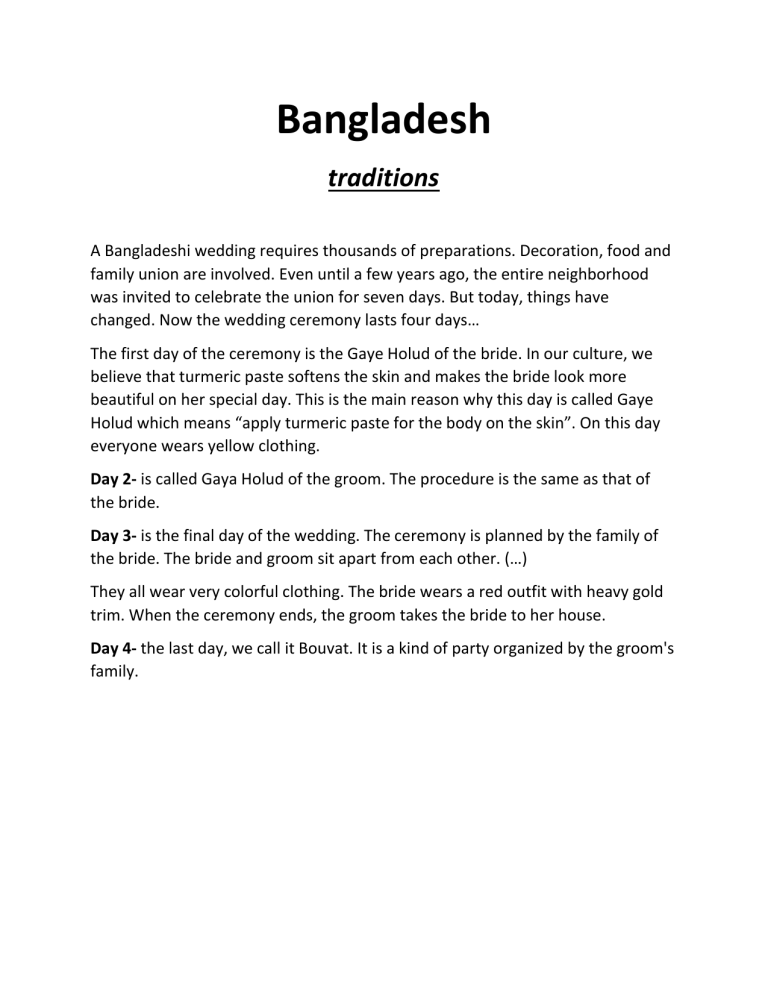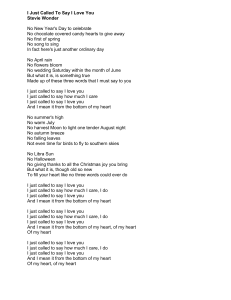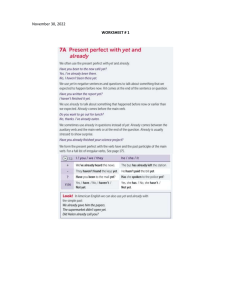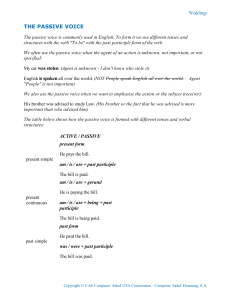
Bangladesh traditions A Bangladeshi wedding requires thousands of preparations. Decoration, food and family union are involved. Even until a few years ago, the entire neighborhood was invited to celebrate the union for seven days. But today, things have changed. Now the wedding ceremony lasts four days… The first day of the ceremony is the Gaye Holud of the bride. In our culture, we believe that turmeric paste softens the skin and makes the bride look more beautiful on her special day. This is the main reason why this day is called Gaye Holud which means “apply turmeric paste for the body on the skin”. On this day everyone wears yellow clothing. Day 2- is called Gaya Holud of the groom. The procedure is the same as that of the bride. Day 3- is the final day of the wedding. The ceremony is planned by the family of the bride. The bride and groom sit apart from each other. (…) They all wear very colorful clothing. The bride wears a red outfit with heavy gold trim. When the ceremony ends, the groom takes the bride to her house. Day 4- the last day, we call it Bouvat. It is a kind of party organized by the groom's family. rules Currently, the law in Bangladesh says that women must be 18 to marry, and men 21. The Child Marriage Restriction Act of 2016 would weaken this law and make girls more vulnerable to child marriage. On paper, child marriage has been illegal in Bangladesh since the adoption of the Child Marriage Restraint Act of 1929. However, the law is poorly enforced and the punishment: up to one month in jail and/or a fine. of up to 1,000 Taka (US$13) - rarely acts as a deterrent. wedding dress Food A typical wedding menu consists of foods like pulaf, biryani, roast chicken, korma, kebab, rezala, and borhani among others. Desserts include sweet yoghurts, payesh, jorda, and different types of sprinkles. When the groom shows up at the wedding, she is greeted with straws and sweets. Until a few decades ago, weddings were hosted within the home or neighborhood premises, attended by family and friends. Now the venue has changed to community centers and other halls where caterers and chefs deal with the food.








